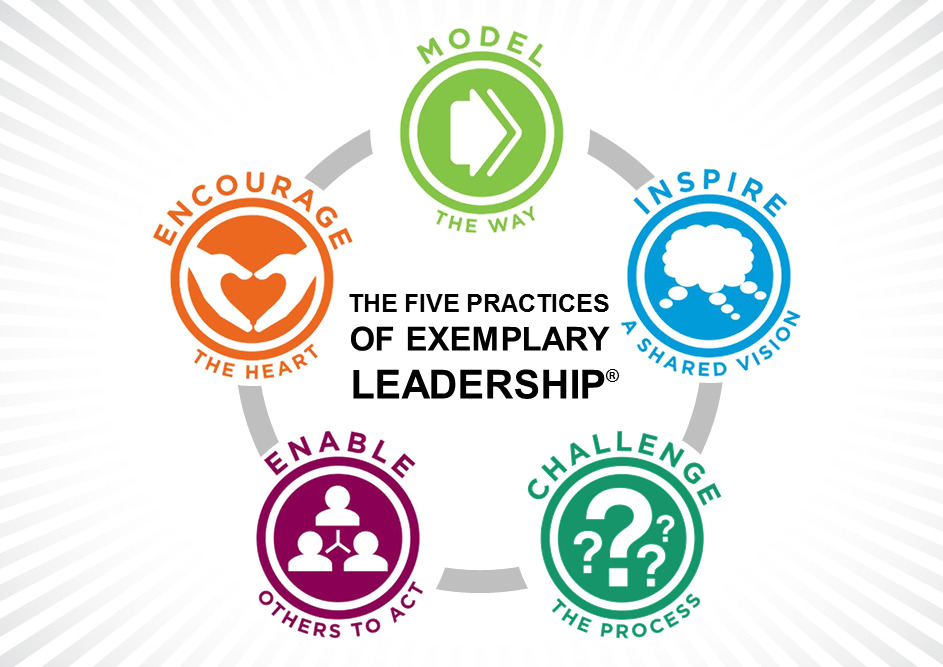Effective management in a workplace requires a set of skills well outside what you would naturally develop as an individual employee at an organization. Beyond the hiring of employees and ensuring work is completed on time, a manager’s role is to motivate their team and keep them invested in the team and the company’s success.
Studying business or an online MBA in management can help you determine the management style you are best suited to. A management style is the means by which a manager works to achieve the goals of a project, team, or company. This may include how they plan, organize, make decisions or delegate, as well as how they choose to interact with their team.… Read the rest




